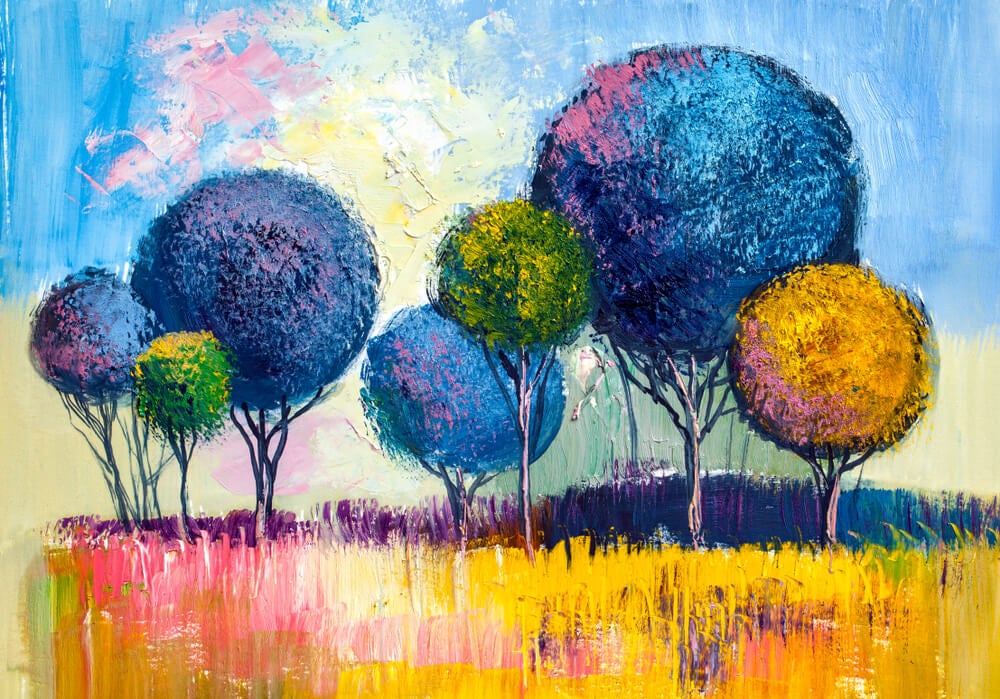There are people who look but don’t see, people who hear but don’t hear, people who touch but don’t feel, that’s why I prefer those who know how to appreciate the details and subtleties of life, than to live bravely and know how to look at myself to the depths of my being without a passport, because those who combine intentionality and sincere emotion appreciate life much more.
Anthropologists and psychologists say that observation has always been the key to human survival, yet we have reached a point in our evolution where if something defines us it is precisely distraction, everyone has their own way of being and we. We live in a society that provides us with a thousand stimuli at once, which ignores the senses, but paradoxically tries to awaken them all. We want to embrace the world without realizing what awaits us or what awaits us, without appreciating the little details that come day after day.
“Thinking is more interesting than knowing, but less interesting than looking. “Goethe?
Investigators say if we hadn’t been good observers in the past, we probably would have disappeared as a species. Our ancestors used the full potential of their senses to understand any risk, threat, or encouragement they could benefit from. Ears, vision and smell to capture every detail of our environment?Nothing escapes us.
Today, however, most of us have become lazy observers; neither audio signals nor visual signals are enough to draw our attention when crossing a pedestrian crossing. Not only do we not realize the dangers, but we lose precious details and even those fascinating ins and outs that make up our reality.
Important details are like boxes hidden in our reality where wonderful information is stored: a gesture, a look, a tone of voice, a change of light, a sloping screen, an insect that drinks water in a drop of dew?these subtleties inhabit our field of vision and we do not always realize it, perhaps out of unwillingness, perhaps for lack of time.
It’s also important to remember that “seeing is not the same as looking. “To better understand, take a moment to look at Edward Hopper’s painting above. Some people will simply look at the screen for a few seconds without appreciating anything, noticing Others, however, they will look closely to decide what to see, to capture the soul of the painting, to appreciate the precious details and, moreover, to contemplate it, to the point of identifying with one of these figures.
The good observer, who transcends reality, will undoubtedly perceive the subtle riddle Hopper wanted to convey with this work. We see two women in a restaurant, but what draws most attention is not the resemblance between the two, but the expression of the woman facing us. What’s the reason? The young woman in front of her is her Doppelgenger, her double, her “other self”.
Is the act of Seeing the first step of consciousness a little one?me?that helps us discriminate things, objects, people?however, is the act of?that allows us to awaken, which offers us the opportunity to perceive the other to come into contact with their soul and capture their essence.
On the other hand, it is interesting to remember that in the test of the eneagram we also have the personality of the “observer”, who defines himself as a curious and innovative person, able to distance himself from things to make his own judgments. They are also independent, simple and very insightful.
In our current society, we see, but we don’t look. We slide our finger through the screen of our mobile phones in a routine, mechanical, sometimes obsessive gesture. We sit in front of the TV and often see what appears. With our lives the same thing happens, we see and breathe, but we don’t live. We do not live as we should: with the most attentive eyes and the most receptive heart.
“The highest degree of knowledge is to contemplate why. “- Socrates-
One of the most interesting books on this subject and that undoubtedly invites us to think is “Do you listen with your eyes?” Marked by Ferron Ramon Cortés. The argument could not be simpler: a man suddenly sees one of his most competent colleagues leaving his The protagonist does not understand why and realizes that despite having shared 5 years of work with her, he does not know her.
After that, he decides to improve his social skills, decides to take a photography course and learn to focus on the goal in order to better understand his reality, capture and appreciate the details, transcend, know how to contemplate and touch people with authenticity. , eliminating all these onions one by one that involve our daily behaviors and environments.
In conclusion, we can all choose two options in our day-to-day life: to see life or to look at reality in detail, to be a full participant; In addition, there is a third option that is more rewarding, but certainly requires more time and willpower. Are we talking about the ability to? Contemplating our reality, it touches the soul of things and delves into its multiple mysteries and riddles, as on the two screens that illustrate this article.

